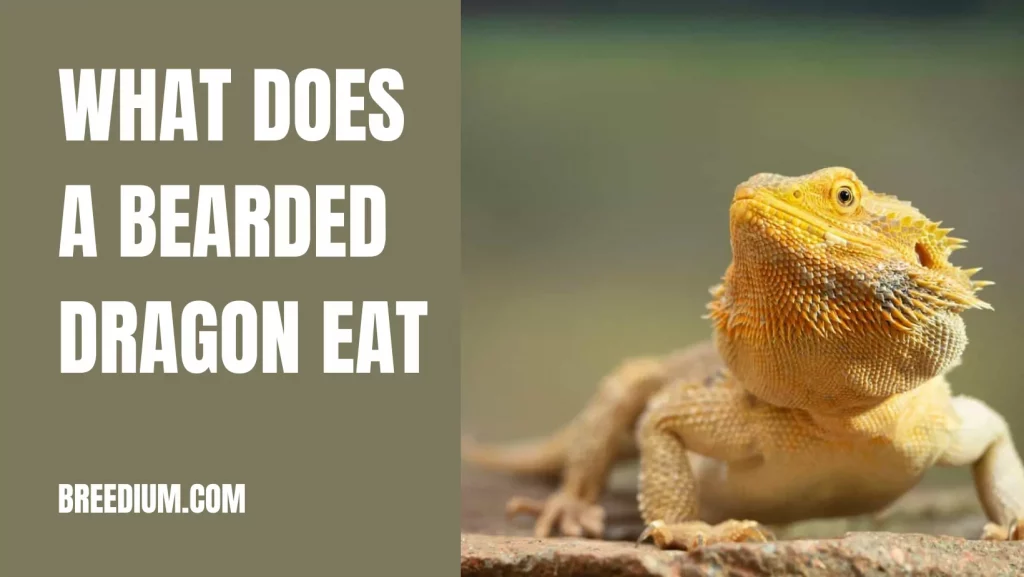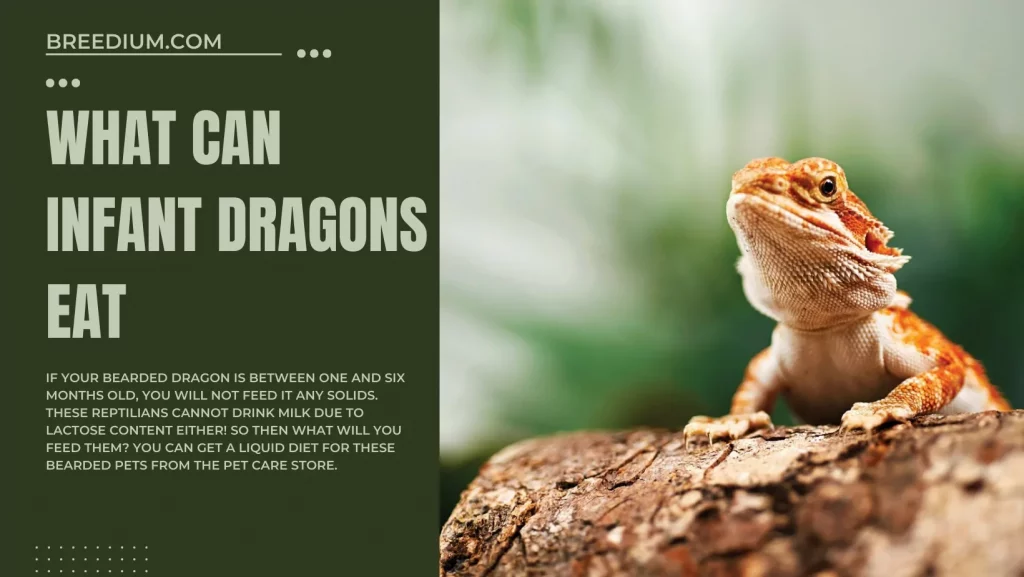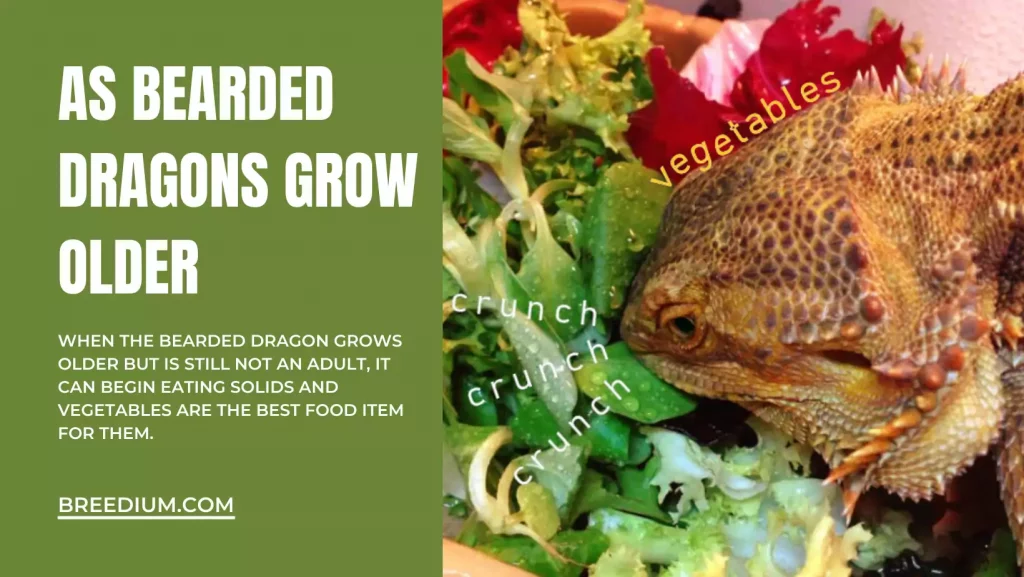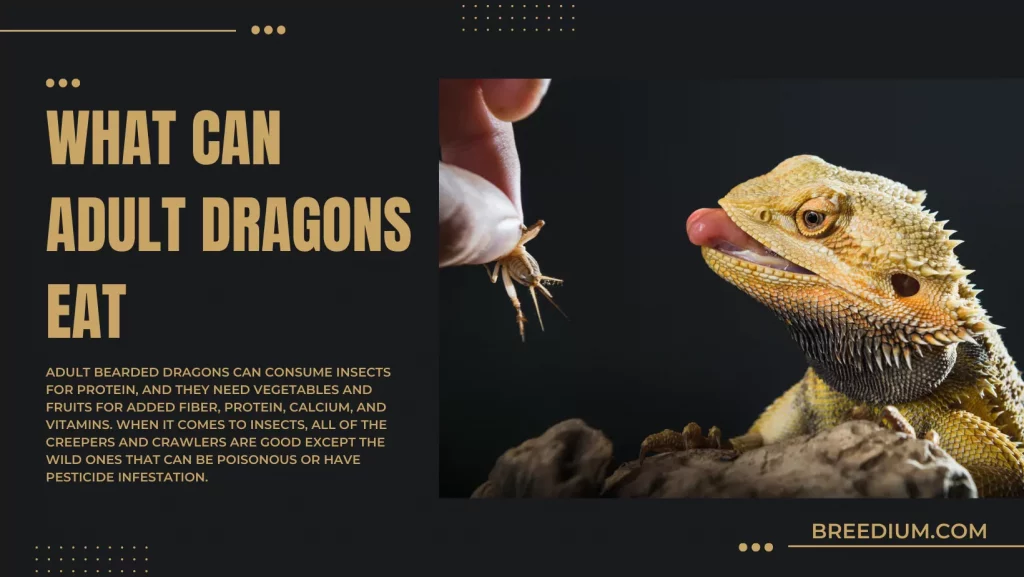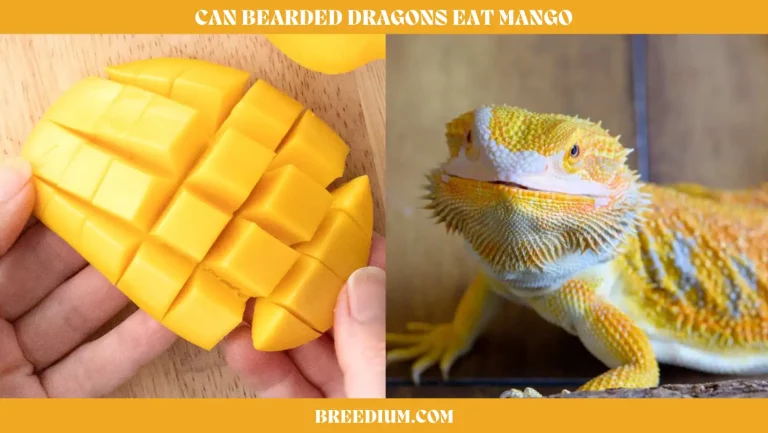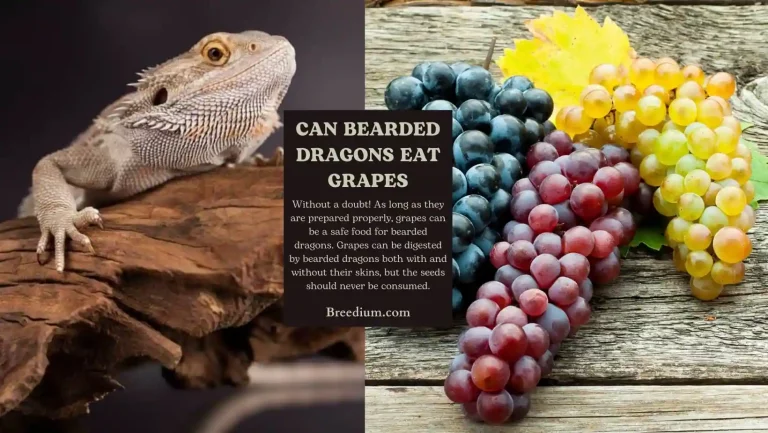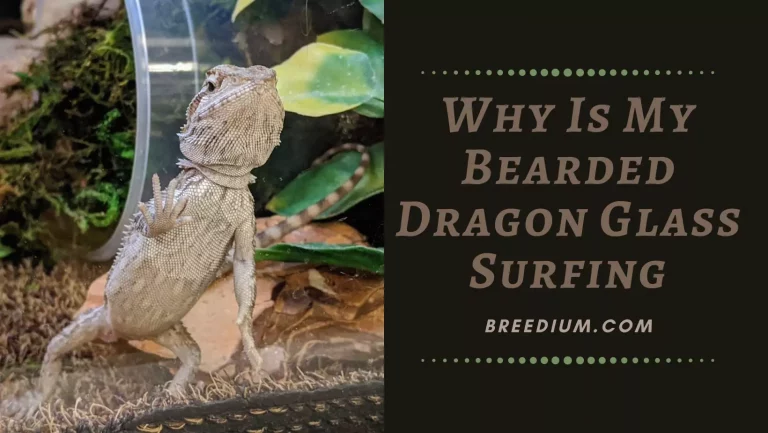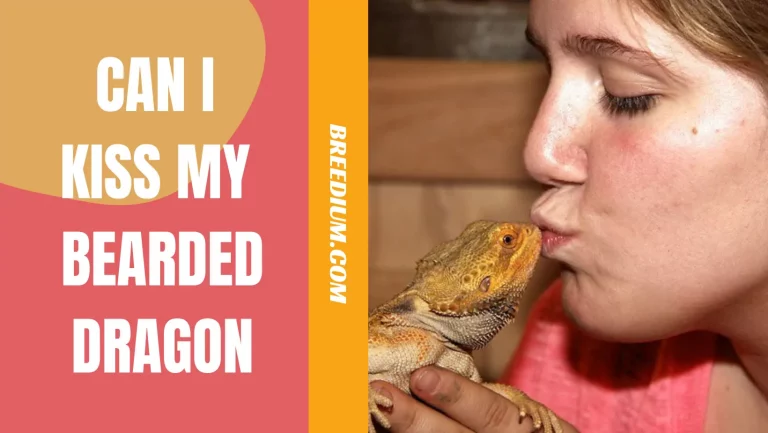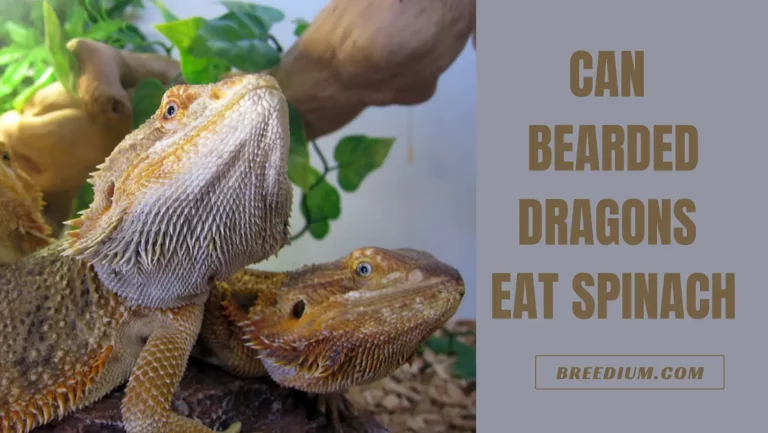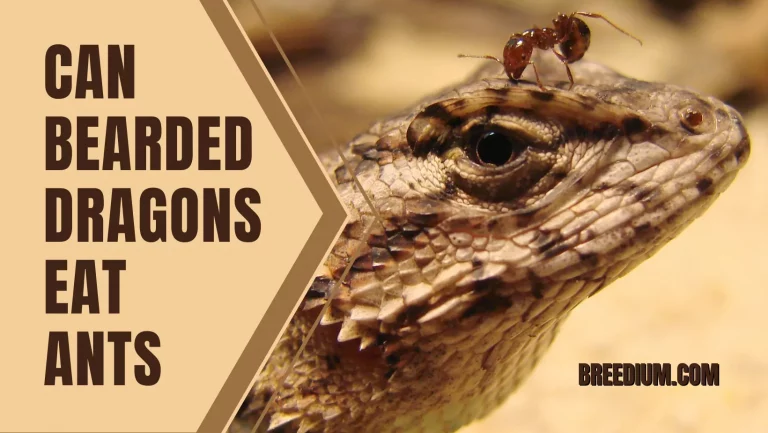What Does A Bearded Dragon Eat? | Feeding Guide 2024
One of the first questions pet owners ask is, ‘what does a bearded dragon eat?’ Read on to find out how you can care for your pet dragon and ensure that it remains healthy! With every living creature, care begins with a proper diet according to requirements and age. When you get a new pet, it is essential to understand what you have to feed them so that they grow well and healthily. Bearded dragons are not like other mammal pets, so very often owners ask what a bearded dragon eats. Yes, you cannot feed them bread, or anything off your plate.
However, there are numerous vegetables and fruits that these reptilians can eat. Then, of course, there are insects that become their main source of protein as they grow. We will take you step by step to ensure that you know what to feed your new pet as an infant, and as it grows.
What Can Infant Dragons Eat
If your bearded dragon is between one and six months old, you will not feed it any solids. These reptilians cannot drink milk due to lactose content either! So then what will you feed them? You can get a liquid diet for these bearded pets from the pet care store. This liquid diet contains essential vitamins, calcium, and minerals. The dose of this liquid is according to the requirements of infant dragons.
However, if you need to know the details to make the feed at home, you can keep the daily calories at less than half of the calories needed for adult dragons. Calcium intake is most important for growing bearded dragons and then protein is essential so that they can build muscle and grow. These two components are the main food classes that have to be consumed by young bearded dragons.
There are numerous vegetables that are not supposed to be fed on a daily basis. However, you can restrict them to once a week, or once a month. Once you understand what makes a vegetable suitable, you will be able to keep your pet dragon’s diet healthy. Bearded dragons cannot consume vegetables that are high in magnesium, and phosphorus. The latter hinders calcium absorption so vegetables that have a ratio higher than 1: 2 of phosphorus to calcium are not beneficial for bearded dragons. Similarly, if a vegetable has high water content but is not rich in calcium and protein it will not be a suitable one.
As They Grow Older
When the bearded dragon grows older but is still not an adult, it can begin eating solids, and vegetables are the best food item for them. You can choose from a wide array of vegetables such as capsicum, collard greens, pumpkin, carrots, turnip greens, and beetroot. You can avoid giving your pet dragon spinach, lettuce, and romaine due to their low nutritional value and high water content.
The fruits add color and aroma to the diet and you must feed your bearded dragon’s fruit as they are rich in vitamins. You can feed your pets all kinds of fruits except avocados. Bananas are also not the most appropriate therefore you should only feed them this fruit once a month. Also, check out What Vegetables Can Bearded Dragons Eat.
Adult Bearded Dragons
Adult bearded dragons can consume insects for protein, and they need vegetables and fruits for added fiber, protein, calcium, and vitamins. When it comes to insects, all of the creepers and crawlers are good except the wild ones that can be poisonous or have pesticide infestation. When you feed insects to your dragon be sure to give it life, and from a safe environment free from chemicals such as fertilizers and pesticides.
Bearded dragons can have a variety of insects, vegetables, and fruits daily. However, since these reptilians are designed to live in deserts, it can be that they do not eat for a whole day or go without food for two days. You must not worry about the absence of appetite, but it is necessary that you take interest and care for the dragon because lack of appetite can be due to anxiety or stress as well.
Adult bearded dragons will love to munch on insects, however, owners must ensure that they take vegetables and fruits regularly to keep their bowel movements in check. Bearded dragons have a slow metabolism; if they feed only on protein, they may suffer from intestinal impaction. The essential food classes for your bearded pet include calcium, protein, and vitamins. Always ensure that whichever vegetable or fruit you give them has sufficient amounts of these nutrients. An imbalanced diet can lead to discomfort that can cause stress and anxiety in your pet.
Conclusion
Many pet owners who wish to keep a bearded dragon often apprehend what a bearded dragon eats and what is not allowed for them. These reptilians can feed on vegetables, fruits, and insects but you must know which ones are good for them and which ones must be avoided. Moreover, you can also read Why Is My Bearded Dragon Not Eating.
Frequently Asked Questions
Pet owners can have numerous confusions about the food choice of dragons and if you feel that you need some more information, check out what other people ask:
What will happen if I feed my dragon forbidden food?
If you feed your dragon any food that is not allowed, you must give them water and wait for the food to pass out of its system. If you have been feeding them the wrong food item continuously, it is best to consult a vet. Some vegetables and fruits are not allowed because of their low nutritional value while others are harmful. It is best to consult a vet so that you can help your dragon pet overcome the dosage.
Are fruits better than vegetables for bearded dragons?
Bearded dragons are reptiles with slow metabolism and since fruits have high glucose and fructose amounts, they can be an overdose of sugars for the pet. Vegetables have low sugar content and therefore they can be digested better and sooner than fruits.

Emma is a pet enthusiast, and her way with words makes her an expressive writer. Her interests lie in healthcare and planning nutrition for various pets. She has two girls, and she’s passing her passion to them through occasional volunteer projects in the small neighborhood zoo. Emma joined our team as an enthusiast and has added more years to her experience by researching more about various creatures!

